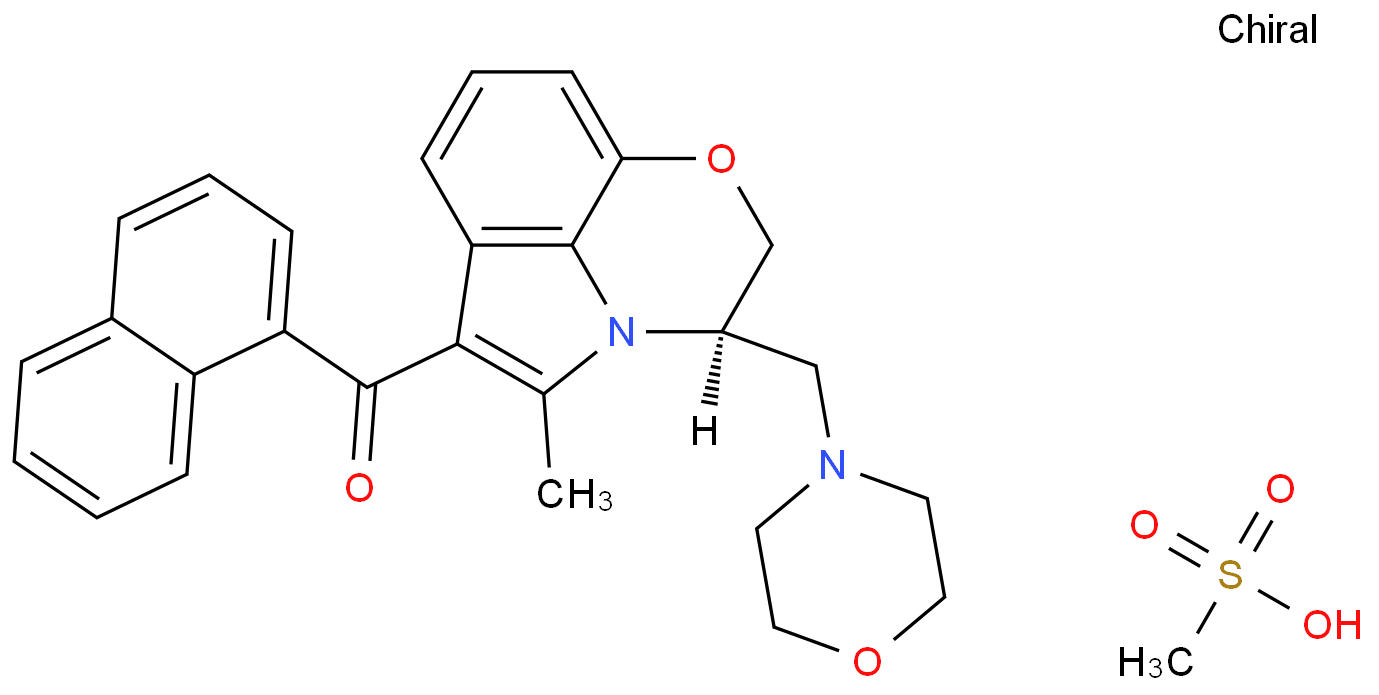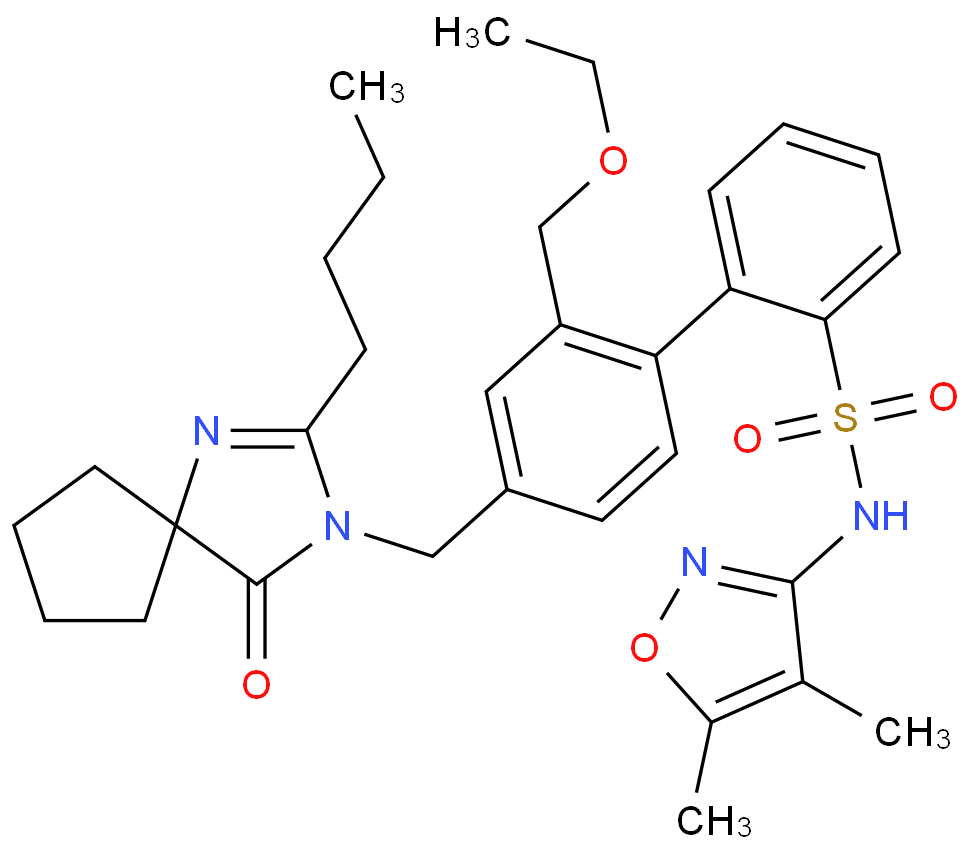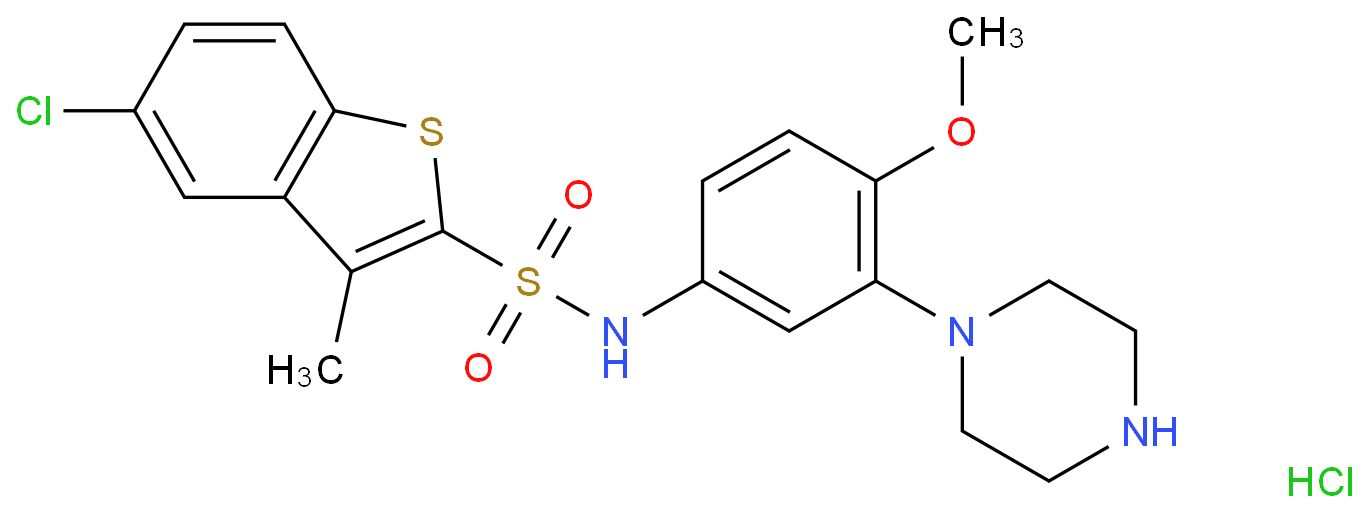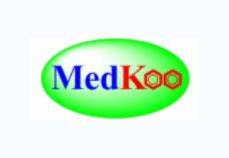
|
mRNA体内转染试剂
- 品牌:polyplus
- 产地:美国
- 型号:0.3 mL
- 货号:101000013
- 发布日期: 2022-09-20
- 更新日期: 2024-08-12
产品详请
| 产地 | 美国 |
| 品牌 | polyplus |
| 货号 | 101000013 |
| 用途 | 细胞转染 |
| 包装规格 | 0.3 mL |
| 纯度 | 详询% |
| CAS编号 | |
| 是否进口 | 否 |
Reagent :in vivo-jetRNA® transfection reagent.
Molecule delivered :mRNA.
Applications :
Vaccination / immunization.
Cancer therapy.
in vivo functional studies (Gene expression, CRISPR genome editing).
Targeted organs :All organs (depending on the injection route).
in vivo transfection reagents are the most powerful alternative to viral vectors for nucleic acid delivery. They are easy to use, cost-effective and considered as safe and efficient vehicles for RNA delivery. mRNA transfection is rapidly emerging as a promising method for nucleic acid-based therapy and offers an attractive substitute to plasmid DNA. Non-viral mRNA delivery methods have already proven their efficiency in vaccination through antigen presenting cells modification and in anti-cancer therapy by directly targeting malignant cells. The intrinsic advantage of mRNA-based immunotherapy relies on the self-adjuvant activity of mRNA and the fact that small amounts of encoded antigen are sufficient to obtain robust immune response.
in vivo-jetRNA® is a transfection reagent specifically developed to deliver mRNA in vivo. This reagent can be used to target multiple organs, by using systemic or local injection routes, in various animal models. mRNA delivery using in vivo-jetRNA® is user-friendly, with a simple 2-step protocol and can be used for vaccination purposes, anti-cancer studies, genome editing using CRISPR/Cas9 method or protein replacement.
Injection routes :Various administration routes (systemic or local).
Number of injections in mice :1 mL is sufficient to perform at least 50 intravenous injections or 100 intramuscular injections.
Storage :
Store in vivo-jetRNA® at 5 °C ± 3°C. Do not freeze.
Expiry date is indicated in the certificate of analysis (available in "My account") and on the product.
Provided with :mRNA buffer.
Summary:
in vivo transfection reagents are the most powerful alternative to viral vectors for nucleic acid delivery. They are easy to use, cost-effective and considered as safe and efficient vehicles for RNA delivery. mRNA transfection is rapidly emerging as a promising method for nucleic acid-based therapy and offers an attractive substitute to plasmid DNA. Non-viral mRNA delivery methods have already proven their efficiency in vaccination through antigen presenting cells modification and in anti-cancer therapy by directly targeting malignant cells. The intrinsic advantage of mRNA-based immunotherapy relies on the self-adjuvant activity of mRNA and the fact that small amounts of encoded antigen are sufficient to obtain robust immune response.
in vivo-jetRNA® is a transfection reagent specifically developed to deliver mRNA in vivo. This reagent can be used to target multiple organs, by using systemic or local injection routes, in various animal models. mRNA delivery using in vivo-jetRNA® is user-friendly, with a simple 2-step protocol and can be used for vaccination purposes, anti-cancer studies, genome editing using CRISPR/Cas9 method or protein replacement.
Molecule delivered :mRNA.
Applications :
Vaccination / immunization.
Cancer therapy.
in vivo functional studies (Gene expression, CRISPR genome editing).
Targeted organs :All organs (depending on the injection route).
in vivo transfection reagents are the most powerful alternative to viral vectors for nucleic acid delivery. They are easy to use, cost-effective and considered as safe and efficient vehicles for RNA delivery. mRNA transfection is rapidly emerging as a promising method for nucleic acid-based therapy and offers an attractive substitute to plasmid DNA. Non-viral mRNA delivery methods have already proven their efficiency in vaccination through antigen presenting cells modification and in anti-cancer therapy by directly targeting malignant cells. The intrinsic advantage of mRNA-based immunotherapy relies on the self-adjuvant activity of mRNA and the fact that small amounts of encoded antigen are sufficient to obtain robust immune response.
in vivo-jetRNA® is a transfection reagent specifically developed to deliver mRNA in vivo. This reagent can be used to target multiple organs, by using systemic or local injection routes, in various animal models. mRNA delivery using in vivo-jetRNA® is user-friendly, with a simple 2-step protocol and can be used for vaccination purposes, anti-cancer studies, genome editing using CRISPR/Cas9 method or protein replacement.
Injection routes :Various administration routes (systemic or local).
Number of injections in mice :1 mL is sufficient to perform at least 50 intravenous injections or 100 intramuscular injections.
Storage :
Store in vivo-jetRNA® at 5 °C ± 3°C. Do not freeze.
Expiry date is indicated in the certificate of analysis (available in "My account") and on the product.
Provided with :mRNA buffer.
Summary:
in vivo transfection reagents are the most powerful alternative to viral vectors for nucleic acid delivery. They are easy to use, cost-effective and considered as safe and efficient vehicles for RNA delivery. mRNA transfection is rapidly emerging as a promising method for nucleic acid-based therapy and offers an attractive substitute to plasmid DNA. Non-viral mRNA delivery methods have already proven their efficiency in vaccination through antigen presenting cells modification and in anti-cancer therapy by directly targeting malignant cells. The intrinsic advantage of mRNA-based immunotherapy relies on the self-adjuvant activity of mRNA and the fact that small amounts of encoded antigen are sufficient to obtain robust immune response.
in vivo-jetRNA® is a transfection reagent specifically developed to deliver mRNA in vivo. This reagent can be used to target multiple organs, by using systemic or local injection routes, in various animal models. mRNA delivery using in vivo-jetRNA® is user-friendly, with a simple 2-step protocol and can be used for vaccination purposes, anti-cancer studies, genome editing using CRISPR/Cas9 method or protein replacement.




